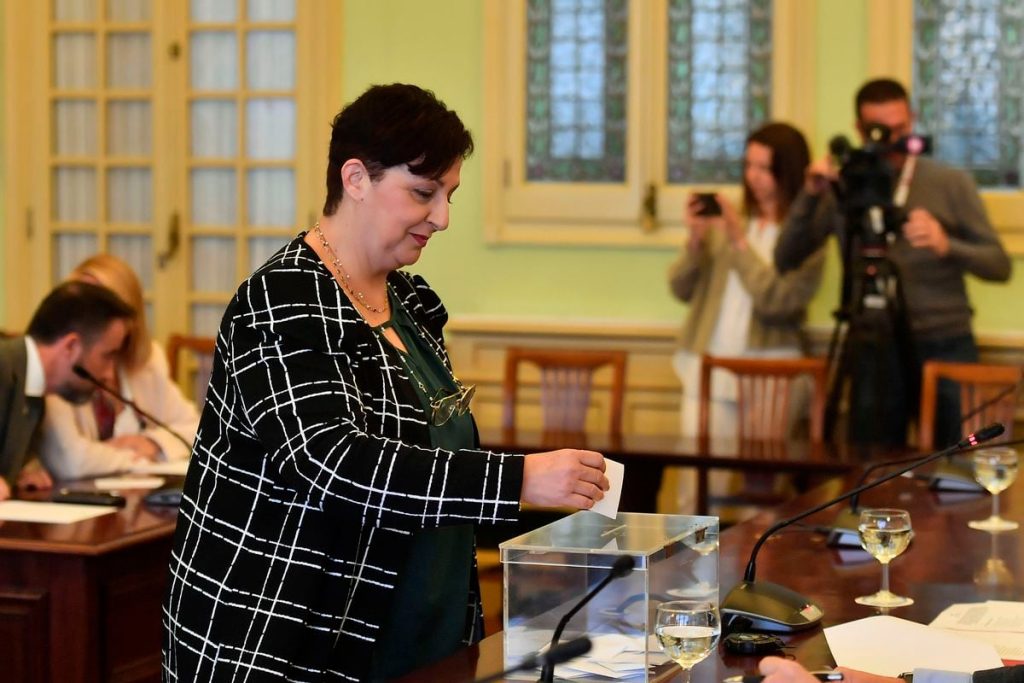The Parliament of the Balearic Islands has approved the creation of a non-permanent investigative commission to look into the case of Koldo and the contract signed by the government, led by socialist Francina Armengol, with the main company investigated in the scandal for the acquisition of a million and a half masks worth 3.7 million euros. The commission will be presided over by the Vox parliamentary group, with support from the Popular Party. Among the proposed witnesses to be called are the current president of the Congress and former Balearic president, as well as former Minister of Transport, José Luis Ábalos. Vox MP María José Verdú will chair the commission, with the vice-president being from the PSIB-PSOE party and the secretary from the Popular Party. The commission will establish a work plan and schedule for testimonies in the coming days.
Vox has expressed the need for Armengol to testify, as she was the highest-ranking official of the Balearic government at the time of the contract. However, they are not in favor of current president Marga Prohens being called to testify, as her government allowed the deadline for a claim regarding the defective masks to expire. The PSIB-PSOE spokesperson has accused the commission of being biased and serving the interests of the Popular Party, rather than seeking impartiality. He believes that Vox has already decided who should testify, even before establishing a work plan.
The Health Service of the Balearic Islands spent 3.7 million euros on a million and a half FPP2 masks in May 2020, during the peak of the pandemic, and later demanded a refund from the company, Solutions de Gestión, due to the poor quality of the masks. The claim was initially raised by the Armengol government and later handled by the Prohens government, which decided to drop it citing lack of viability. The government is now pursuing a new administrative route to reclaim the full amount paid for the masks. The Health Service has indicated that there are grounds to declare the contract null and void, which would require the administration to abandon the open procedure.
The controversy surrounding the mask contract and the handling of the situation by successive governments has led to calls for further investigations and accountability. Both the Armengol and Prohens administrations have come under scrutiny for their roles in the contract process, and the establishment of the investigative commission aims to shed light on the matter. The political parties involved have differing opinions on who should testify and what the focus of the commission should be, leading to tensions and accusations of bias. The outcome of the commission’s work will likely have implications for the reputation and accountability of government officials involved in the case.















